New Regional Advisors Will Guide Coalition's Health Workforce Policy and Advocacy Work
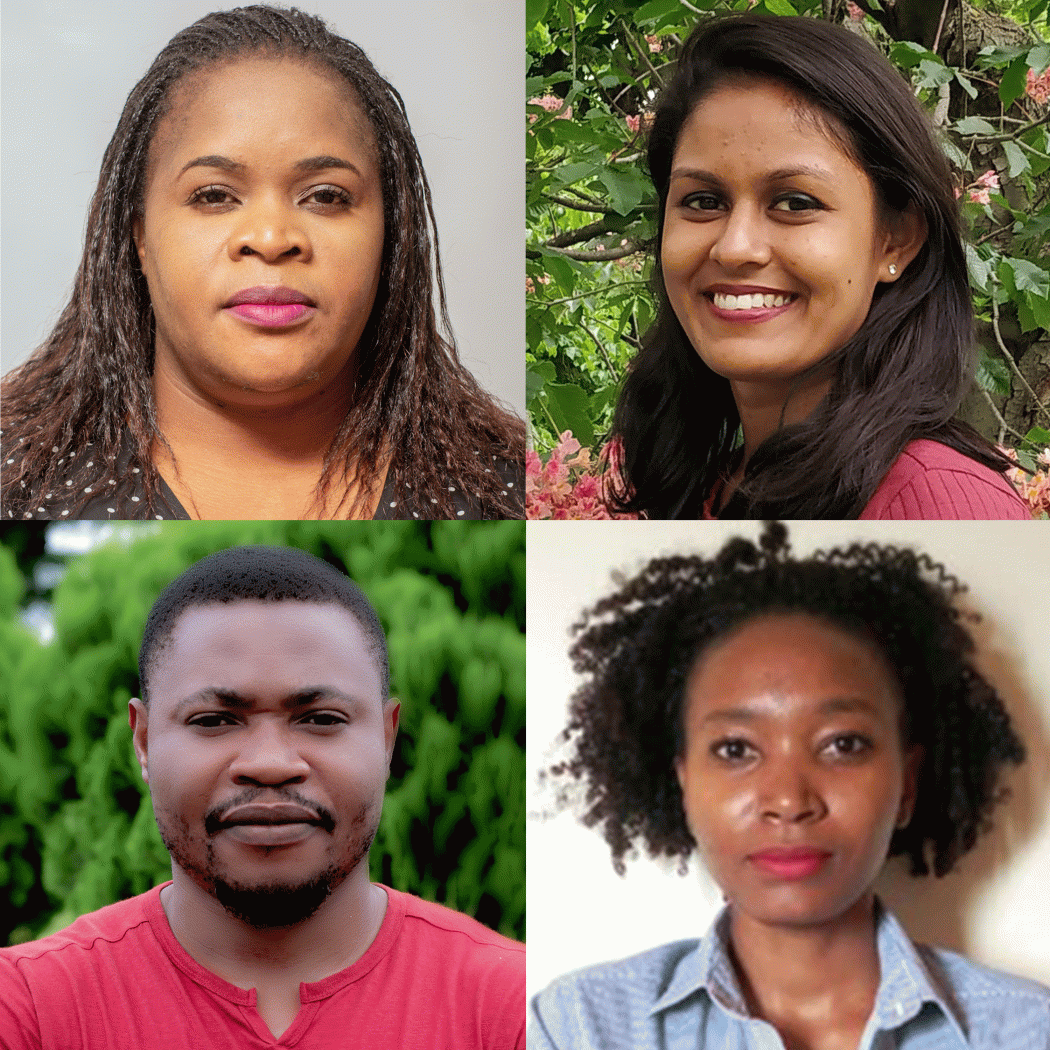
Today the Frontline Health Workers Coalition welcomes four new Regional Advisors from low- and middle-income countries to our Steering Committee. Over the next year the Regional Advisors will help guide our health workforce policy and advocacy work, including our policy recommendations and communications.
“We are working to address power imbalances in the global health arena, and reflecting on ways to more comprehensively address health workforce needs,” says David Bryden, director of the Coalition. “We do not simply want to speak on behalf of health workers but rather bring them into the decision-making process, and I am very excited about this change.”
Since 2012, the Frontline Health Workers Coalition has advocated for greater US and global investment in frontline health workers, especially in low- and middle-income countries with the least access. A core policy goal for the Frontline Health Workers Coalition has been to involve frontline health worker voices in global and US global health policy discourse. We’ve featured health workers as speakers at our events and their opinions on our blog and in our campaigns.
This year the Coalition decided to diversify and expand our leadership and include health workers and health workforce experts in the regions where we focus our advocacy. We added the four Regional Advisor positions and sought applicants from low- and middle-income countries with knowledge of local health workforce policy and challenges, and especially encouraged frontline health workers who are women, people of color, living with disabilities, and from rural areas to apply.
Frontline health workers around the world have been severely impacted by COVID-19, but the response from policy-makers has been inadequate. At least 115,000 health workers have died due to COVID-19. Over the past year we released Policy Recommendations for Sustainable Health Workforce Teams to Respond to COVID-19 and have urged the US Congress and Administration to allocate emergency funding to support health workforces around the world. And right now we’re urging the US Congress to include at least $100 million in its Fiscal Year 2022 appropriations bill to strengthen health systems and workforces, since USAID currently has no dedicated funding for this purpose.
Our first cohort of Regional Advisors will serve from July 1, 2021 – June 30, 2022, and will begin with providing input on our policy recommendations and workplan. The Advisors are all either frontline health workers or work in health workforce programming or administration, and are based in key regions of West Africa, East Africa, Southern Africa, and Asia. All the Regional Advisors have been involved in their country’s COVID-19 response and together have a wide range of knowledge and expertise, including provision of essential health services like HIV treatment and family planning, emergency care, gender equality, health worker education and training, maternal and child health, policy and advocacy, safeguarding health in conflict areas, social work, and youth.
Meet the 2021 – 2022 Regional Advisors
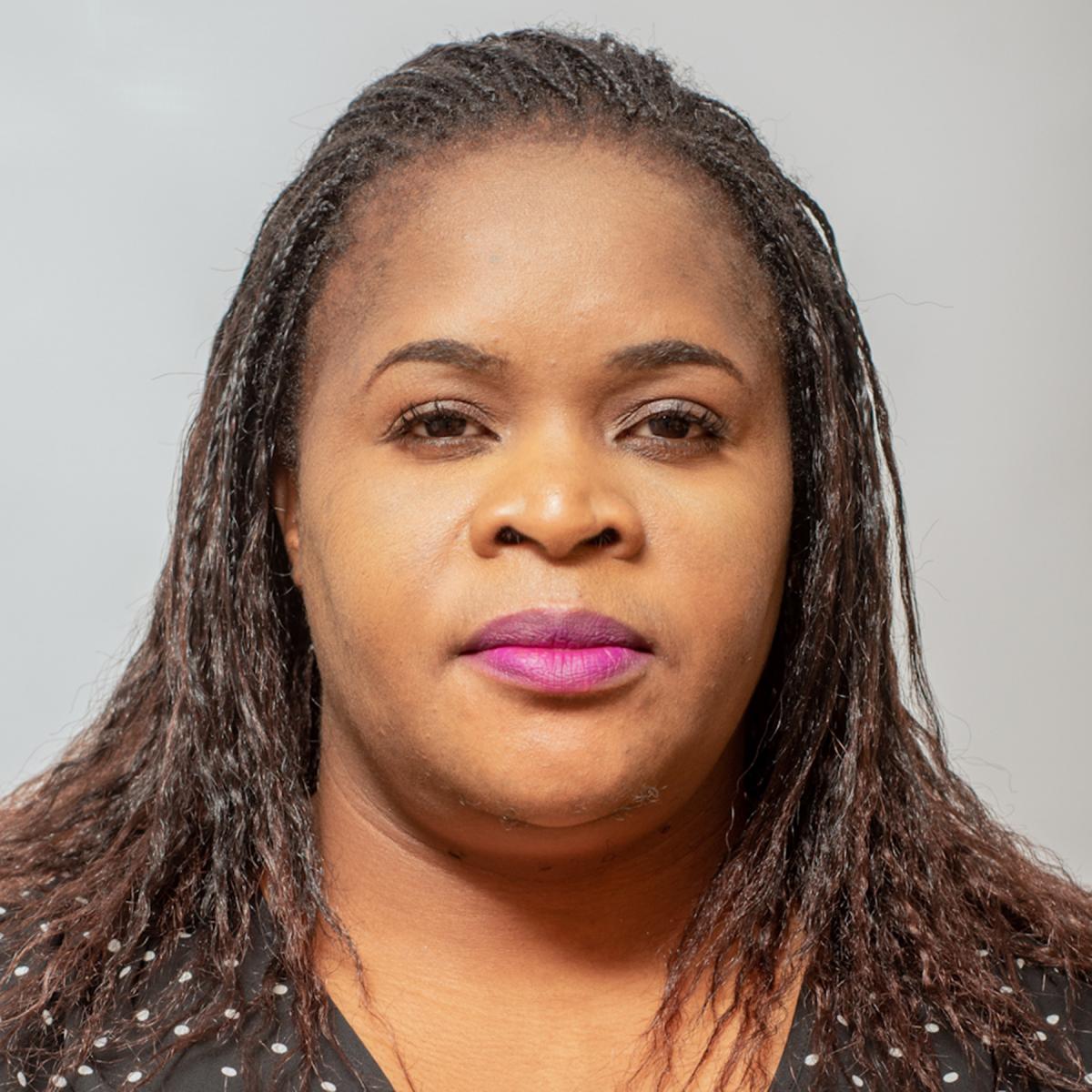 Chipo Nduna is a qualified emergency medical technician in rural Zimbabwe and is committed to upholding public trust and confidence in the delivery of health services. She’s the first point of contact for emergencies and has been on the frontlines of care throughout the COVID-19 pandemic.
Chipo Nduna is a qualified emergency medical technician in rural Zimbabwe and is committed to upholding public trust and confidence in the delivery of health services. She’s the first point of contact for emergencies and has been on the frontlines of care throughout the COVID-19 pandemic.
“I have to be available 24/7 to save a life,” says Chipo Nduna. “During COVID I have received call after call. We have one major hospital in our province and when our COVID wards fill up we have to transfer patients to Harare 263 kilometers away. We have not had enough PPE or oxygen. Right now the number of cases is increasing. But I have a calling and I’m not turning back.”
Nduna has gained vast experience in providing essential health services to patients in crisis situations. She holds qualifications in Emergency medical tech, Ambulance tech, Gender and sexual reproductive health, and is currently studying towards a Bachelor of Science in Development Studies.
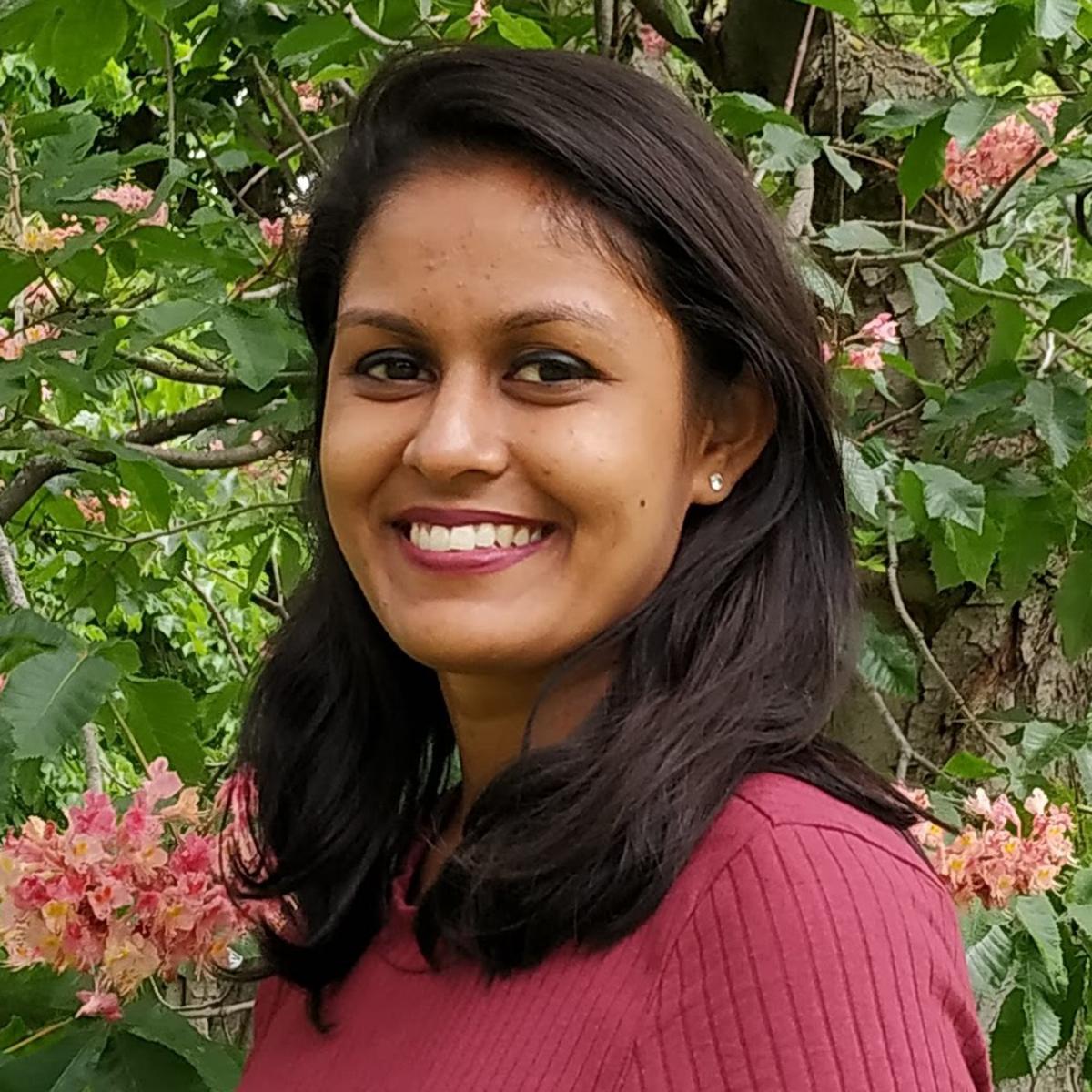 Dyuti Sen works as a program manager with Innovators In Health to design and implement gender-sensitive and equitable health care programs with a focus on tuberculosis and maternal and child health in rural India. Currently she leads the women’s empowerment arm of a TB project that aims to enhance capacities of over 1,000 female community health workers in Bihar, India.
Dyuti Sen works as a program manager with Innovators In Health to design and implement gender-sensitive and equitable health care programs with a focus on tuberculosis and maternal and child health in rural India. Currently she leads the women’s empowerment arm of a TB project that aims to enhance capacities of over 1,000 female community health workers in Bihar, India.
“Community health workers need more support,” says Dyuti Sen. “They need proper training, job descriptions, and opportunities to voice their issues. Most are women and they don’t receive the recognition they deserve.”
Previously Sen was the principal investigator for a Grand Challenges Explorations project that used multiplayer games to increase immunization demand in rural communities. She has a Bachelors in Economics from Calcutta University and in October will begin pursuing a Master’s Degree in International Health and Tropical Medicine at the University of Oxford.
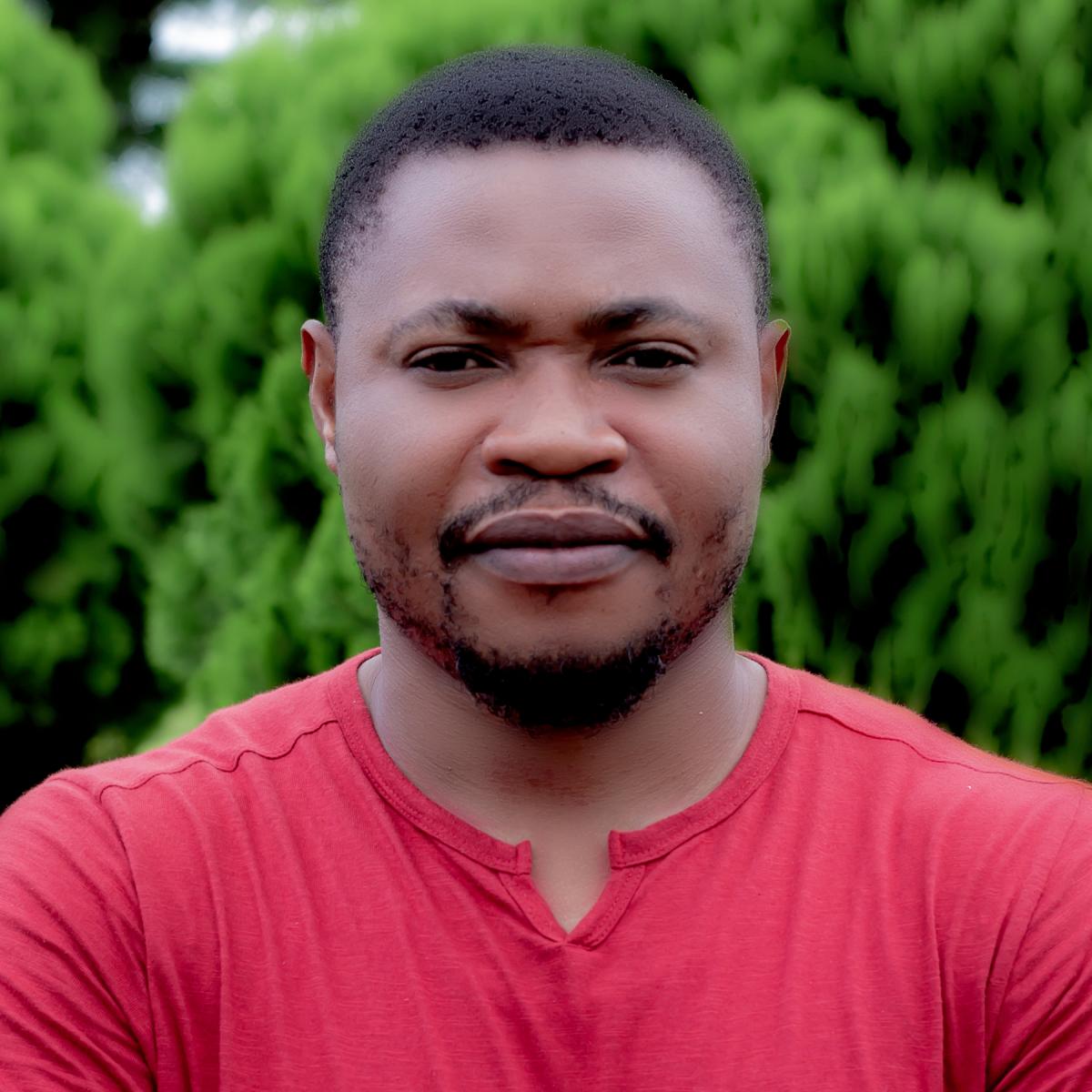 Nwufor Ernest Awanto is a program coordinator in Cameroon with Big-Steps Outreach, a civil society organization working on reproductive health and rights with young people. He has over nine years of experience working in the fields of HIV/AIDS and policy and advocacy with various organizations and the Ministry of Health. He has worked as a field investigator, HIV counselor, and social worker with a focus on sex workers and LGBTQI+ groups in hard-to-reach communities affected by armed conflict.
Nwufor Ernest Awanto is a program coordinator in Cameroon with Big-Steps Outreach, a civil society organization working on reproductive health and rights with young people. He has over nine years of experience working in the fields of HIV/AIDS and policy and advocacy with various organizations and the Ministry of Health. He has worked as a field investigator, HIV counselor, and social worker with a focus on sex workers and LGBTQI+ groups in hard-to-reach communities affected by armed conflict.
“Health workers here do not have adequate working conditions. I’ve lost three social workers I partner closely with to COVID-19,” says Awanto. “The distribution of the vaccine is very slow, especially in the areas with armed conflict and very few health workers, and there’s a lot of misinformation and fear.”
Awanto has co-produced two advocacy videos centered on ending gender-based violence, created gender equality clubs in several schools, and collaborated with local health districts and community health workers to design youth-friendly health services. Currently he's studying international social work at the University of Galve Sweden.
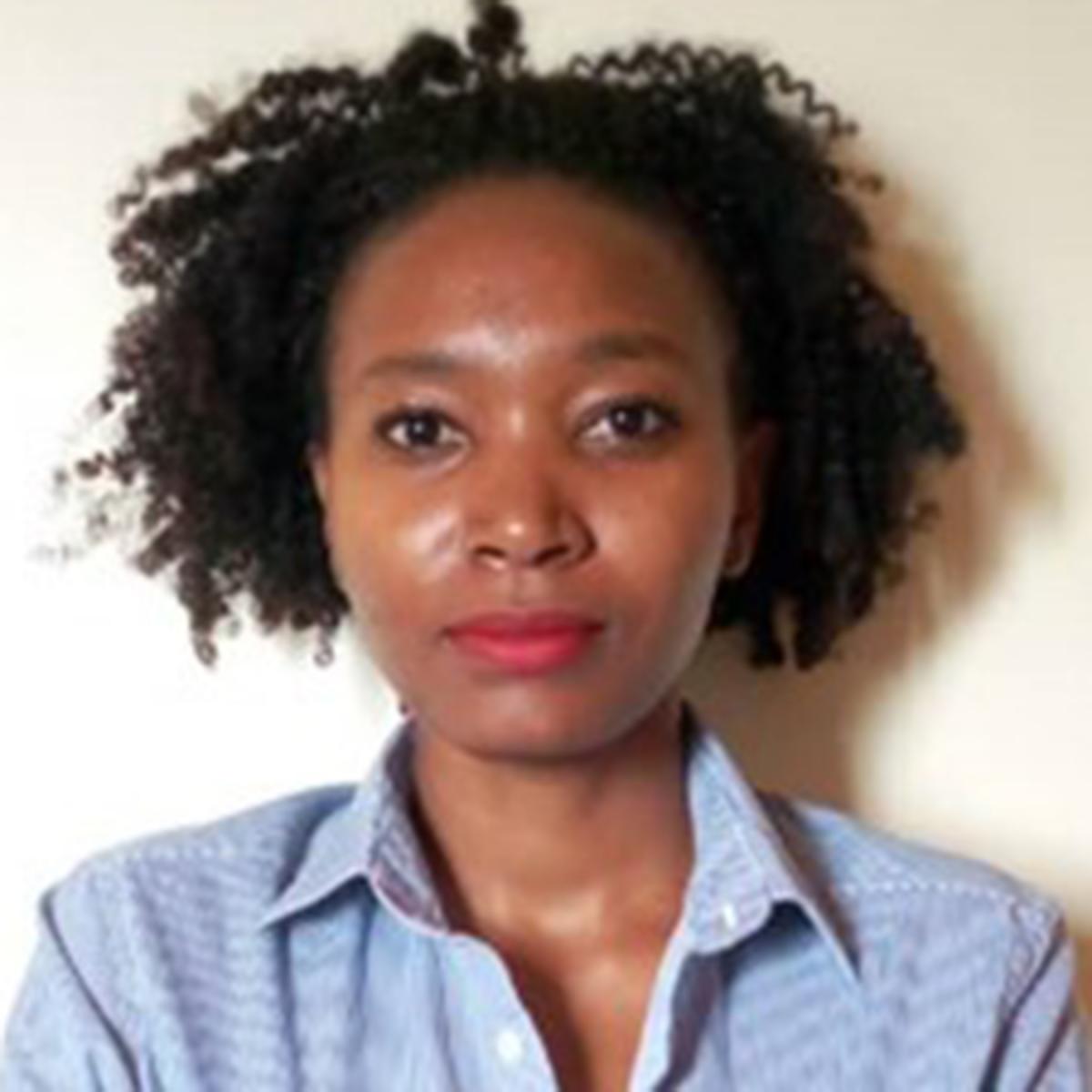 Tracy Kobukindo is a nurse in Uganda. She has a Bachelor of Science in Nursing and a Master’s of Science in Public Health from the International Health Sciences University in Kampala. She currently works at Last Mile Health as a technical coordinator, utilizing digital online tools for the training of frontline health workers and community health workers in partnership with the Ministry of Health.
Tracy Kobukindo is a nurse in Uganda. She has a Bachelor of Science in Nursing and a Master’s of Science in Public Health from the International Health Sciences University in Kampala. She currently works at Last Mile Health as a technical coordinator, utilizing digital online tools for the training of frontline health workers and community health workers in partnership with the Ministry of Health.
“Frontline health workers have traditionally kept their influence on patient management and the upgrade of technical and clinical skills,” says Tracy Kobukindo. “This is important but we need to be at the table where and when decisions about us are being made. The whole of last year, my nurse colleagues and I had this slogan: ‘Carry your chair to the table.’ We tell them to squeeze a little bit, then, in the words of Zozibini Tunzi, ‘Take up Space!’
Kobukindo has worked on development, global health, refugee programs, women and girl empowerment, and advocacy for nurses and midwives. As a nurse she has worked in public health facilities in Uganda, and has helped set up six health centers in rural hard-to-reach areas in the Elgon Region, East Region. Named as a 40 under 40 influential leader in Uganda (2013, New Vision), Tracy is driven by the need to create innovative sustainable health solutions at both the policy and service delivery level in East Africa. A facilitator at heart, Tracy is crazy about community driven development and advocacy for (and with) nurses and midwives in policy development and leadership.
Welcome Chipo Nduna, Dyuti Sen, Nwufor Ernest Awanto, and Tracy Kobukindo!
Stay tuned for a Q&A series on our blog to learn more about our new Regional Advisors. Start getting to know them now by following them on Twitter:
The Frontline Health Workers Coalition is an alliance of more than 35 United States-based organizations urging greater and more strategic US and global investment in frontline health workers in low- and middle income countries as a cost-effective way to save lives and foster a healthier, safer, and more prosperous world. To learn more about the Coalition, see www.frontlinehealthworkers.org.
